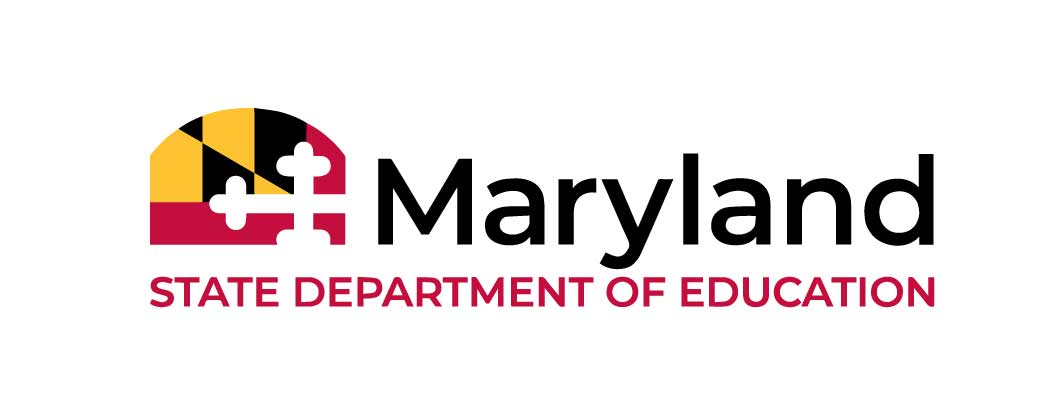Transition Talks: Transition First

Research has shown the importance of involving students in the development of their IEP and transition plan and in participating in their IEP meetings. Mason, McGahee-Kovac, and Johnson (2004) found that students who led their meetings were involved and contributed to the meetings, knew about their disability rights and accommodations, gained increased self-confidence and were able to advocate for themselves. They also found that these students interacted more positively with adults, assumed more responsibility for themselves, were more aware of their limitations and the resources available to them and parental participation increased. The question then becomes, why don’t we start annual IEP meetings with transition first? Best practice dictates that focusing first on the student and his/her future plans will set the tone for the rest of the meeting and empower the student in the decision-making process.
Who better to set the tone and focus for the annual IEP meeting then the students themselves? The student is the most important team member whose input is essential in developing an effective transition plan. Their preferences, goals, and aspirations are the driving force of the plan. When a student has a say in planning their future, they are more likely to be committed to making the plan work.
“It was little more than an introduction and the first part of the IEP transition plan, lasting less than three minutes. Yet, it created a powerful tone for the meeting, and left an impression on everyone who attended. It grounded the work we were doing for a real, whole, competent, and complex individual. It forced all stakeholders to slow down, to address the student directly, and to honor their voice at the table.” (Source: Special Ed Resource.com)
Start with the end in mind by beginning with transition first.
Spotlight
Charles County Public Schools
Transition Coordinator: Christina Sprague
Starting an IEP meeting with the transition pages highlights the importance of transition planning and helps the IEP team have meaningful conversations about services and programming that will support the student in achieving their post-secondary outcomes. Transition Facilitators have reported that beginning with transition highlights the student and helps the IEP team frame what the purpose of the meeting is. It has helped train teams on how transition should be driving the IEP.
Professional development has been provided to school counseling staff and in Charles County it is a requirement to invite the counselor to the IEP meeting. Having transition first makes this easier with the counselors’ schedules. This has made a big impact on how the teams talk about the program of studies and graduation requirements. Ms. Sprague created a script for IEP facilitators and provided training on how to begin IEP meetings with transition. She also provided professional development to facilitators, case managers and school counselors.
Questions to Consider
- What are your current practices to ensure student involvement in IEP meetings?
- How can starting with transition first help focus the purpose of the IEP meeting at your school?
- What would you need to do to begin annual IEP meetings with transition?



